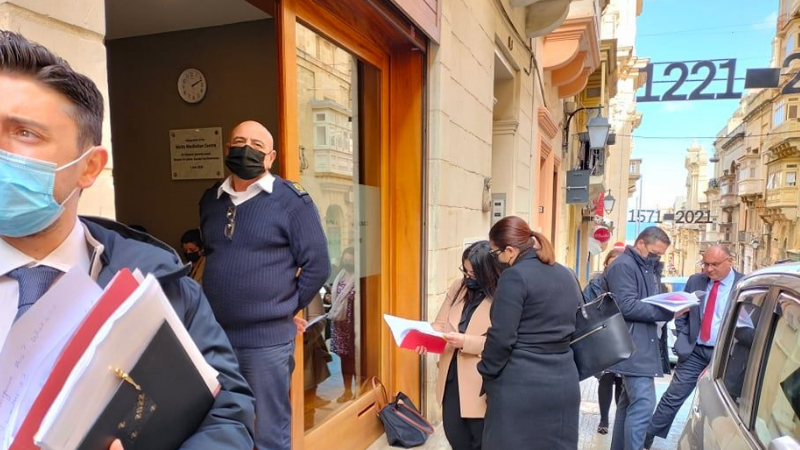Accessing information held by public authorities is not always an easy procedure. An analysis by Neus Vidal, the Monitoring Officer from the European Centre for Press and Media Freedom (ECPMF), has found that there are many differences across European states, raising questions over whether such legislation should be harmonised across Europe.
In an article entitled ‘Access to Information Laws: an essential tool to uphold Media Freedom’, Vidal wrote that cross-border investigations around Europe systematically show that European governments react in different ways when faced with similar requests, and European citizens from different countries do not have the same rights to obtain information and hold their government accountable.
Vidal said time frames to reply to requests also vary between countries, with some authorities refusing to provide information that is already available in neighbouring states.
The author points to The Shift’s Freedom of Information (FOI) battles as a recent example of the obstruction of access to information in Europe.
“In Malta, journalists at The Shift News asked for information regarding possible contracts and payments made by public entities to Malta Today co-owner Saviour Balzan and his commercial entities,” she wrote.
“Requests were rejected by several public authorities but, after the newspaper appealed, the Information and Data Protection Commissioner ordered the disclosure of documents. Around 30 ministries and public authorities refused to publish the information and challenged the decision at the Appeals Tribunal, which meant that the newspaper had to prepare to go to Court several times in order to access information, a time-consuming process which had to be crowdfunded by readers and supporters.”
The Shift won the first four appeals so far. The Information and Data Protection Appeals Tribunal, headed by lawyer Anna Mallia, backed The Shift’s call for greater transparency and accountability over how the government spends taxpayers’ funds and ordered the relevant government entities to reveal all details about the tens of thousands of euros in payments given to Balzan. Decisions on the other appeals are expected in the coming weeks.
Vidal points to another incident in Spain, where journalists at the non-profit media outlet Civio asked for the source code for software that processes applications for energy subsidies after spotting potential mistakes that could result in some applications being unfairly rejected. The government refused to disclose the algorithm. Civio took the case to the Transparency Council and the courts, which rejected the publication, arguing that software is protected by intellectual property rights and publishing it could jeopardise public security and national defence.
A third example mentioned by Vidal is that of journalist Alexander Fanta from Netzpolitik.org, who recently requested access to text messages between European Commission President Ursula von der Leyen and Pfizer CEO Albert Bourla in which they discussed the purchase of 1.8 billion doses of Covid vaccine. The Commission refused to disclose them, claiming its record-keeping policy does not include that type of document. The case was brought to the European Ombudsman, who disagreed with the Commission and stated that “text messages fall within the scope of the EU’s law on public access to documents.”
“Access to Information is an essential right to be able to participate in political debates and in the public sphere,” Vidal wrote, “and therefore a key element that needs to be taken into account when discussing the rule of law.” Her report goes on to consider whether it would be beneficial to harmonise this type of legislation in order to ensure all Member States guarantee a similar level of transparency, as has been done with privacy through the General Data Protection Regulation (GDPR).
“Media pluralism and media freedom are already recognised as essential pillars of democracies and of rule of law debates, and it is necessary that access to information is, in turn, recognised as one of the main pillars sustaining media freedom,” she writes. “If the right is not guaranteed and protected journalists will not be able to gather all the necessary data to publish trustworthy information and hold power to account, which is the most essential role that media must fulfil in a democracy.”
The importance of access to information in Malta was also mentioned in a country report on media pluralism by the Centre for Media Pluralism and Media Freedom (CMPF) on Thursday, which stressed the “urgent” need for cooperation from the government and its agencies in addressing FOI requests in a timely and transparent manner.












